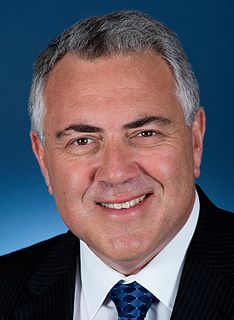A Quote by Adi Godrej
A good monetary policy follows inflationary expectations and not historical numbers.
Quote Topics
Related Quotes
The theory of economic shock therapy relies in part on the roleof expectations on feeding an inflationary process. Reining in inflation requires not only changing monetary policy but also changing the behavior of consumers, employers and workers. The role of a sudden, jarring policy shift is that it quickly alters expectations, signaling to the public that the rules of the game have changed dramatically - prices will not keep rising, nor will wages.
Inflation is certainly low and stable and, measured in unemployment and labour-market slack, the economy has made a lot of progress. The pace of growth is disappointingly slow, mostly because productivity growth has been very slow, which is not really something amenable to monetary policy. It comes from changes in technology, changes in worker skills and a variety of other things, but not monetary policy, in particular.
A good rule of thumb is as follows: If the numbers come from somebody wearing a tie (Wall Street economist or analyst, industry public relations department, captive think tank academic and so on), you ought to be very skeptical. By design messages from these people are intended to move markets, move merchandise and/or move public policy and are not a comment on the state of the physical universe.
































